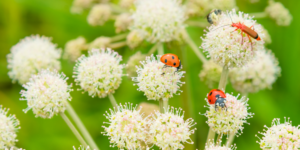For newer gardeners in South Florida, understanding the diverse array of garden bugs, good and bad, is crucial to maintaining your landscape. Not only are all these creepy crawlies an integral part of our intricate ecosystem, but distinguishing between beneficial allies and harmful adversaries can mean the difference between lush greenery and a garden plagued by pests. In this guide, we’re digging deep into the fascinating world of the many garden insects that call Fort Lauderdale home, shedding light on the good, the bad, and the neutral bugs that populate our landscapes.
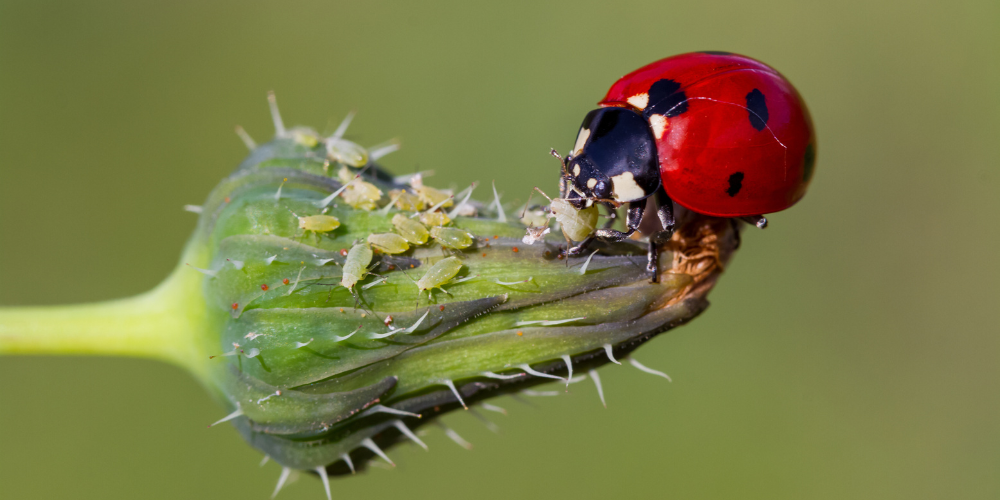
Beneficial Bugs
Beneficial insect allies play a crucial role in maintaining a healthy garden ecosystem. Minute pirate bugs, green lacewings, lady beetles, and hoverflies are all incredibly beneficial insects for gardeners, feasting on common pests like aphids and mites to keep their populations in check. Here’s some helpful info on these pint-sized protectors:
- Minute pirate bugs, with their distinctive black and white markings, are voracious predators of small insects, making them invaluable assets for pest control.
- Green lacewings, with their delicate green wings are natural aphid assassins, devouring these sap-sucking pests with an admirable gusto.
- Lady beetles—also known as ladybugs—are perhaps the most recognizable bug on this list, and are renowned for their appetite for aphids and scale insects.
- Hoverflies, often mistaken for bees due to their similar appearance, are harmless pollinators whose larvae feed on aphids and other soft-bodied pests.
By welcoming these beneficial insects into your garden, you can begin managing garden pests naturally and enjoy a thriving, balanced ecosystem. To attract these small superstars, plant a diverse array of flowering plants that serve as both food sources and habitats, such as daisies, marigolds, and sunflowers.
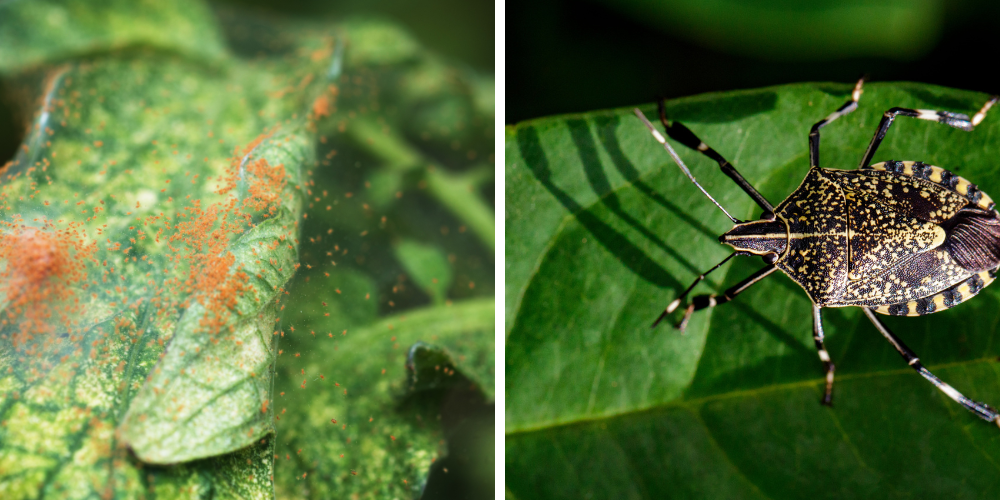
Harmful Bugs
Unfortunately, not all insects that call Fort Lauderdale home are friends. Diminutive disruptors like stink bugs, aphids, spider mites, mealy bugs, and scale insects can wreak havoc on plants, causing damage and frustration for gardeners. Watch for these villains creeping around your crops this year:
- Stink bugs, with their shield-shaped bodies and foul odor, puncture plant tissues and suck out sap, leading to wilting and deformities.
- Aphids, tiny insects often found clustered on new growth, drain plants of vital nutrients, causing leaves to yellow and distort.
- Spider mites, barely visible to the naked eye, spin fine webs on leaves and suck sap from plant cells, leaving behind stippled, discolored foliage.
- Mealy bugs can quickly infest plant stems and leaves, easily identified by their white, waxy coating. They also secrete problematic honeydew, which attracts ants and promotes mold growth.
- Scale insects resemble tiny armored tanks. They attach themselves to plant tissues and feed on sap, weakening plants and inhibiting growth.
We recommend managing garden pests naturally using organic pest control methods, such as neem oil sprays, insecticidal soaps, and natural predators like ladybugs and lacewings. Practicing companion planting, where pest-repelling plants are intermingled with susceptible crops, can also help deter harmful insects and promote a more harmonious garden environment.
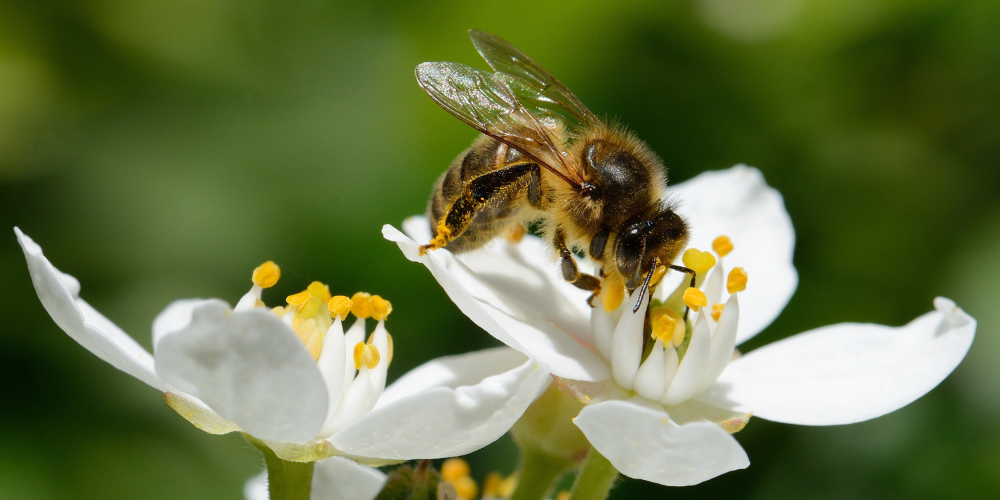
Pollinators
In addition to pest controllers and troublemakers, Fort Lauderdale gardens are home to many essential pollinators, such as bees and butterflies. These perfect pollinators are your best friends in the garden, creating a balanced ecosystem and helping flowers and fruits thrive year after year:
- Honeybees and native bees are South Florida’s primary pollinators. They transfer pollen from one flower to another and facilitate fruit and seed production.
- Butterflies—like Monarchs and Swallowtails—are more than just eye candy; they’re also vital pollinators, and their delicate flutters help spread pollen as they sip nectar from flowers.
Many of your favorite plants would not be able to reproduce without these essential pollinators, so plant lots of pollinator-friendly plants like lavender, salvia, and milkweed in your garden this summer to attract and support these important creatures. Here are a few other ways you can help protect the pollinators living in your backyard:
- Avoid using pesticides that harm bees and other pollinators.
- Provide nesting sites and shelter for bees and butterflies, such as bee hotels and butterfly houses.
- Install safe watering spaces with pebbles or other platforms so that bees and butterflies can drink without falling into the water.
By nurturing a pollinator-friendly environment, Fort Lauderdale gardeners can ensure the continued success of their gardens and contribute to our broader ecosystem!
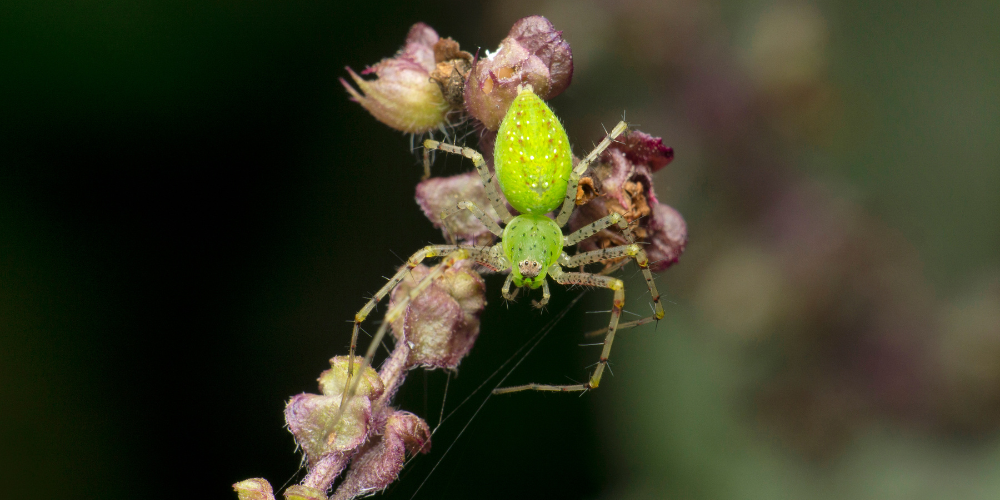
Neutral Bugs
In addition to the clear-cut categories of good and bad bugs, you may also encounter many neutral insects in your garden. While these bugs don’t pose a direct threat to your plants, their presence may still cause you some concern.
One such neutral insect you’ll frequently come across is the green lynx spider. With their vibrant green bodies and hunting prowess, green lynx spiders prey on a variety of insects, including caterpillars and grasshoppers. While they may occasionally capture beneficial pollinators like bees and butterflies, their overall impact on your garden’s ecosystem is relatively minor. To coexist peacefully with neutral bugs like the green lynx spider, adopt a live-and-let-live attitude, appreciating their role as part of your garden’s intricate web of life.
Navigating the world of Fort Lauderdale’s garden insects can be a rewarding journey for new gardeners, and by identifying and understanding the roles of beneficial, harmful, and neutral bugs, you can cultivate a thriving garden teeming with life. To learn more about naturally managing garden bugs—both good and bad—and fostering a healthy garden ecosystem, stop in and see us today at Living Color Garden Center. Together, we can create beautiful, sustainable gardens that flourish with life and vitality!
